 The candles are lit and the following blessings are recited (red inserts are for Shabbat only):
The candles are lit and the following blessings are recited (red inserts are for Shabbat only):The table is set festively for the holiday. Two or more candles are set out, and two loaves of challah are placed on a board and covered with a cloth. A tray of apples and honey is also prepared ahead of time and placed on the table. Some people remove knives, implements of violence and war, from their table until all the blessings have been recited. If you are not familiar with all the blessings below, begin with those you know and slowly learn more until you find your comfort level.
 The candles are lit and the following blessings are recited (red inserts are for Shabbat only):
The candles are lit and the following blessings are recited (red inserts are for Shabbat only):

Blessed are You, Lord our God, Ruler of the universe, who makes us holy with commandments and commanded us to kindle the lights of (Shabbat) and the Day of Remembrance.
Shehecheyanu is recited on the first day(s) of a festival:

Blessed are You, Lord our God, who has kept us alive and sustained us, and allowed us to reach this season.
It is customary for parents to bless their child(ren) on Shabbat and festivals. You might say anything positive you wish to your child(ren) at this time, reflecting upon special moments during the past week, and/or use the traditional blessing below.
For daughter(s):
May God bless you and make you like Sarah, Rebecca, Rachel, and Leah.
For son(s):
May God bless you and make you like Ephraim and Manasseh.
For both daughter(s) and son(s):
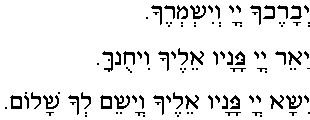
May God bless you protect you.
May God lift the divine countenance to you and be gracious to you.
May God's countenance shine upon you and grant you peace.
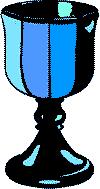 The Kiddush over the wine is recited:
The Kiddush over the wine is recited:

And there was an evening and there was a morning, a sixth day. The heaven and earth and all their array were completed, God having completed the work which God had done on the sixth day. God rested on the seventh day from all the work which God had done. God blessed the seventh day and sanctified it for on that day God rested from all the work of creation which God had done.
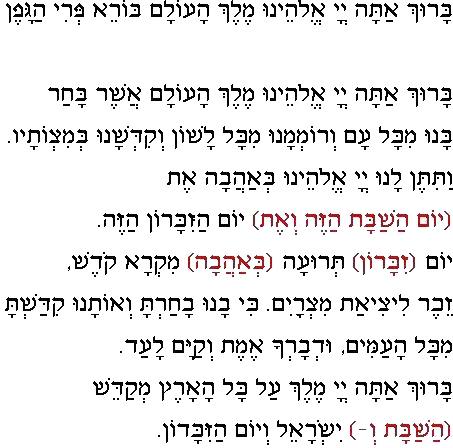
Blessed are You, Lord our God, Creator of the fruit of the vine.
Blessed are You, Lord our God, Ruler of the universe who has chosen us from among all peoples and sanctified us with God's commandments. And You gave us, Lord our God, in love (this sabbath day and) this Day of Remembrance. It is day (of remembrance), a day for recalling (in love) the sounding of the shofar, a sacred convocation, a commemoration of the Exodus from Egypt. For You chose us and sanctified us from among all peoples, and Your word is truth and endures for ever. Blessed are You, Ruler over all the earth, who sanctifies (the sabbath and) Israel and the Day of Remembrance.
On Saturday night, we make a distinction between the holy time that was Shabbat and the holy time that is Rosh Hashanah by reciting the following blessings:
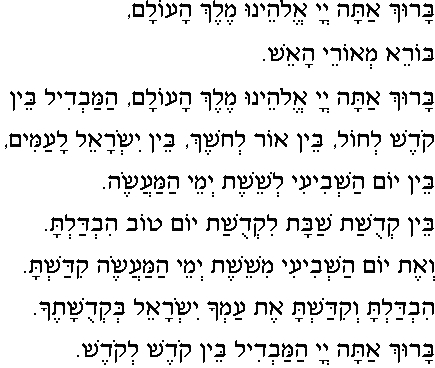
Blessed are You, Lord our God, Ruler of the universe, who creates the lights of the fire.
Blessed are You, Lord our God, Ruler of the universe, who distinguishes between the holy and the mundane, between light and darkness, between Israel and the nations, between the seventh day and the six days of Creation, between the holiness of Shabbat and the holiness of the holiday. You have sanctified the Seventh Day above the Six Days of Creation and You have distinguished and sanctified Your people Israel through Your holiness. Blessed are You, Lord, who distinguishes between the holy and the holy.

Blessed are You, Lord our God, who has kept us alive and sustained us, and allowed us to reach this season.
Washing hands: In symbolic remembrance of the ritual of old in the Temple in Jerusalem, many people wash their hands prior to saying the blessings over food. Customarily, people use a small pitcher set aside for the occasion and pour water over each hand twice.

Blessed are You, Lord our God, who makes us holy with commandments and has commanded us concerning the washing of hands.
Two loaves of challah are uncovered and held together aloft, as the following blessing over bread is recited. It is customary to sprinkle salt on the loaves prior to eating them as a symbol of the sacrifices made in the Temple in Jerusalem long ago.

Blessed are You, Lord our God, Ruler of the universe, who brings forth bread from the earth.
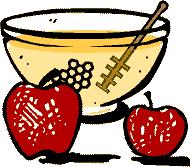 Apples and honey are a symbol of the sweet new year we wish for everyone. Apples and honey are distributed to all those assembled and then the following blessings are recited prior to eating:
Apples and honey are a symbol of the sweet new year we wish for everyone. Apples and honey are distributed to all those assembled and then the following blessings are recited prior to eating:
Blessed are You, Lord our God, Ruler of the universe, Creator of the fruit of the tree.

May it be Your will, Lord our God and God of our ancestors, to renew us for a good and sweet New Year.
The festival meal is eaten.
Kiddush is recited upon returning from synagogue (red inserts are for Shabbat only):

The people of Israel shall keep the sabbath, observing the sabbath throughout their generations as an eternal covenant. It is a sign between Me and the People of Israel for ever. For in six days God made the heaven and the earth and on the seventh day God rested.
Blessed are You, Lord our God, Creator of the fruit of the vine.
Washing hands:

Blessed are You, Lord our God, who makes us holy with commandments and has commanded us concerning the washing of hands.
Blessing over bread:

Blessed are You, Lord our God, Ruler of the universe, who brings forth bread from the earth.
Apples and honey:
Blessed are You, Lord our God, Ruler of the universe, Creator of the fruit of the tree.

May it be Your will, Lord our God and God of our ancestors, to renew us for a good and sweet New Year.
The festival meal is eaten.